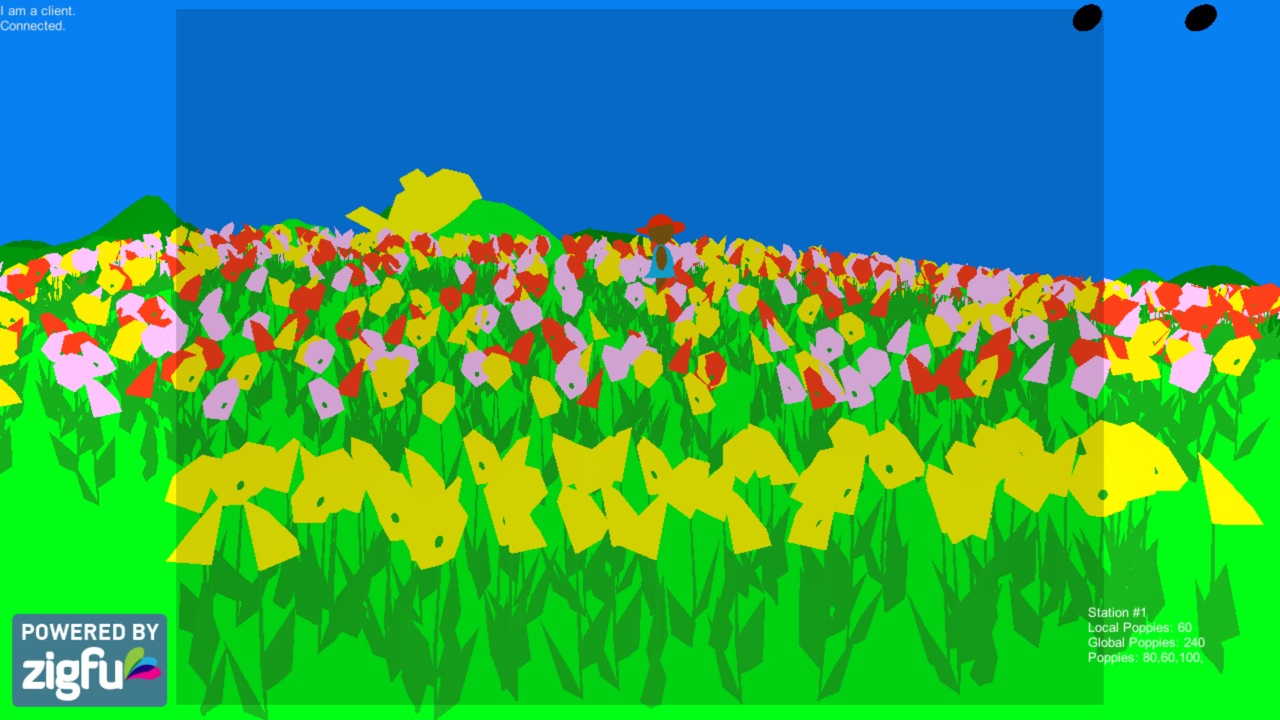The Politics of Public Playfulness (transcript) • A Playful Path.
We kind of get embarrassed to be seen being playful. We kind of get a feeling that it’s illegal to be playful. Because, you know, you’re playful, you go out some place and you’re being playful, and people look at you like that. You know: “What are you doing being playful. That’s crazy. You have to forgive them.”
So it occurred to me that playfulness itself, especially when you’re playing in public, is a political act. Because you are demonstrating to people the freedom to play. You are doing something: you are breaking the tabu that god knows who made that, but it’s there. And you are exposing your playfulness. And every time you do that, you are freeing other people to be playful.
While working on Sew/Reap we made a site visit to the Denver Art Museum’s Fuse Box Gallery. We saw a piece by Cupetelli & Mendoza installed, and we watched as children unselfconsciously explored the piece that demanded and rewarded bodily interaction and play. We saw as their attending adults resisted that same exploration. And we played, delightfully, with the piece. And we talked about the challenges to getting grown-ups to play the game we were envisioning. Bernie DeKoven’s thoughts on the Politics of Public Playfulness are super important for any effort at having grown-ups play in public.
